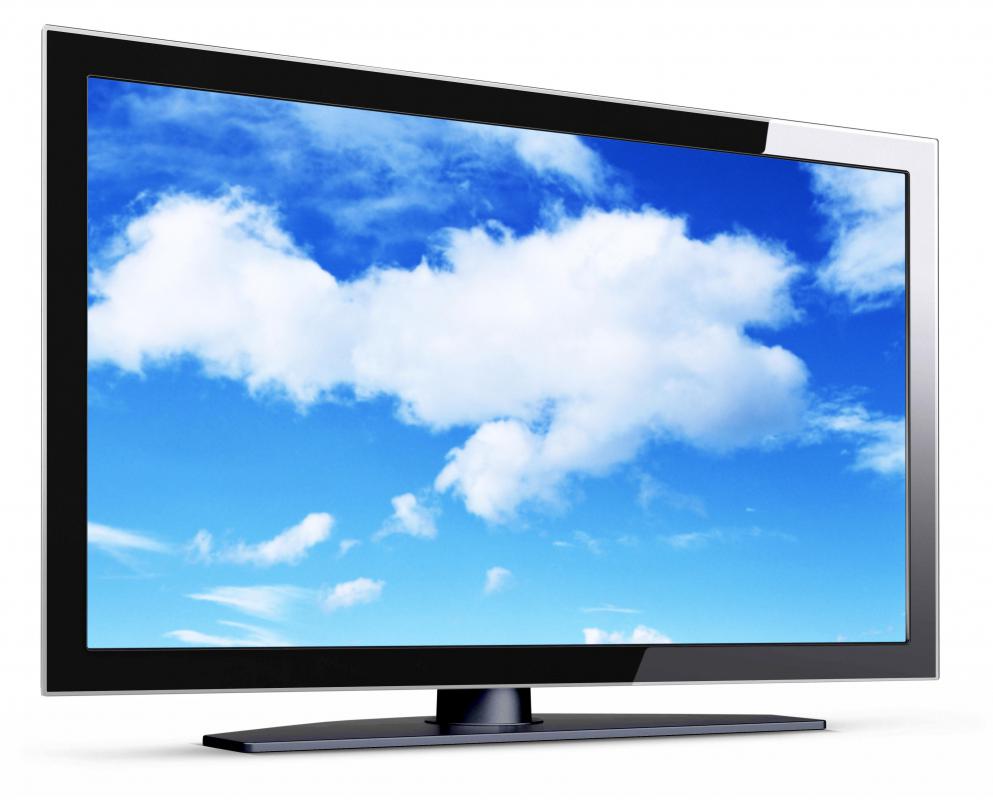The mere mention conjures images of flickering black and white sets, family gatherings huddled around the glow, and late-night newscasts shaping public opinion. But in the span of just a few decades, this ubiquitous box has metamorphosed into a dynamic landscape, a portal to a universe of content and experiences.
The television's journey began with grainy transmissions and experimental broadcasts. Soon, it became the hearth of the home, the centerpiece of leisure and information. It brought the world into living rooms, from moon landings to political speeches, sporting triumphs to heartwarming sitcoms. It shaped cultural trends, birthed iconic characters, and sparked conversations across generations.
But the evolution didn't stop there. Technology marched on, transforming the box into a sleek screen, then a glowing portal. Cable and satellite transmissions expanded the menu, offering a smorgasbord of channels catering to every niche and interest. The rise of the internet shattered the one-way flow of information, ushering in an era of on-demand viewing and interactive experiences.
Today, the television is more than just a screen. It's a canvas for creativity, a gateway to education, a window to global communities. Smart TVs blur the lines between entertainment and interactivity, offering apps, games, and seamless video calling. Streaming services bombard us with a tidal wave of content, from award-winning dramas to binge-worthy reality shows. Social media weaves social interaction into the viewing experience, turning passive viewers into active participants.
Yet, as the television's reach expands, concerns linger. Questions loom about the impact of excessive screen time, the proliferation of misinformation, and the erosion of critical thinking skills. The challenge lies in harnessing the television's power while navigating its pitfalls.
Looking ahead, the television's future promises even more integration and personalization. Artificial intelligence will tailor content to individual preferences, while immersive technologies like virtual reality might blur the lines between reality and entertainment altogether.
The television has come a long way from its humble beginnings. It's no longer just a box, but a platform, a conduit, a canvas. As we navigate its evolving landscape, it's crucial to be mindful consumers, critical viewers, and engaged citizens. For in the hands of informed users, the television can be a powerful tool for education, entertainment, and connection, shaping not just our leisure hours, but the very fabric of our society.
Tags:
Encyclopedia

